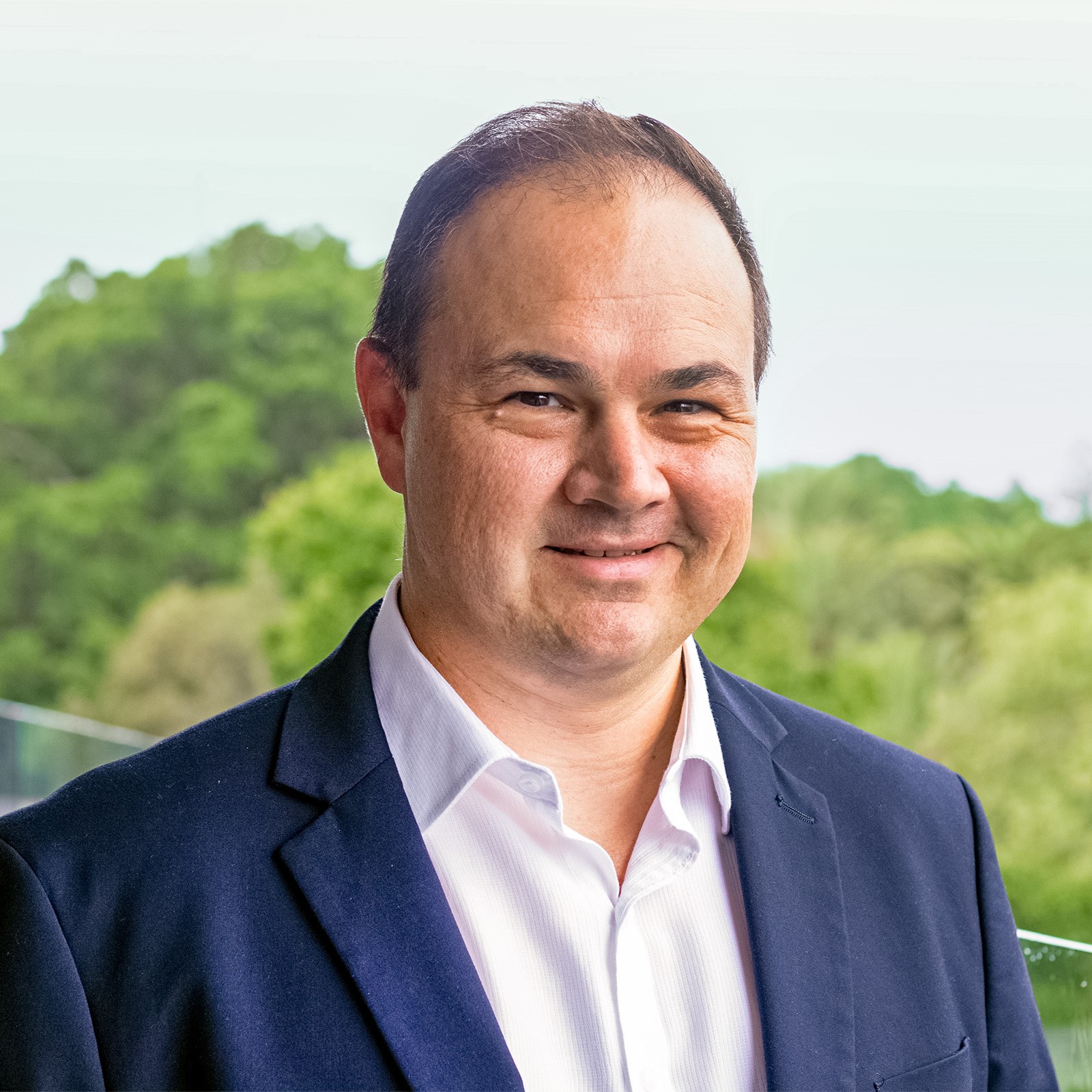Taking the time to ensure all aspects of your finances are reviewed and ready from the very beginning of your professional life goes a long way to securing future wealth creation. But knowing what’s important can be the hardest part.
Our WealthStart Advisors are here to make it easier for you!
Here are our top tips to get you set up for financial security.
1. Plan for Your Financial Future
If you have an idea of where you want to end up, it’s easier to start. Figure out what your financial goals are and keep them front of mind. They may seem like a long way off now, but having a plan will keep you on track.
2. Get Your Salary Packaging Right
There are a lot of tax benefits available for doctors, and it pays to know what they are so you can take advantage of them. You can speak to one of our advisors to help find the right strategies that work best for both your short and long-term plans. For Qld Health employees, your salary packaging is managed via Remserv and Smart Salary.
3. Maximise Your Tax Deductions
You’re able to claim a tax deduction for expenses related to your employment and income earning. Ensure you keep receipts as a record of proof of the expense incurred.
4. Avoid the Medicare Levy Surcharge
If your adjusted taxable income is greater than $90,000 (or $180,000 for couples), an annual 1-1.5% surcharge will apply to you at tax time. The easiest way to avoid this surcharge is to consider implementing a Private Health Insurance policy. Generally, the surcharge is not payable in your first year as an intern, however, the surcharge will likely be payable in your second year once overtime and salary packaging is accounted for.
5. Invest Early
The rewards of compounding interest are a wonderful thing. Investing early in property or the share market is a fantastic way to set up passive income streams that will help you get ahead. Understanding your investment options is something we can guide you in.
6. Structure Your Loan for Flexibility
Looking to take out a loan for a new car or first home? There are unique financing options available to you as a medical professional, so take advantage of your situation.
7. Insure Your Income
After all, it is your livelihood. Income protection insurance offers you that little extra peace of mind, so you know you’ll be protected throughout your entire career in case anything should happen.
8. Kickstart Your Superannuation
Doctors often start their careers later than most people due to years spent studying and training. Knowing how your Super is being invested and understanding your options for additional contributions is important as you start out.
Using these top tips as a guide during your early years as an Intern and Doctor in Training will give you the foundational knowledge you’ll need to understand your finances and build them up alongside your career!
Still unsure about your financial options or how to get yourself set up? At Cutcher & Neale, we offer a wide range of services so you can rely on one trusted advisor for all your financial needs.
Get in touch with one of our WealthStart Advisors today for personal advice.
Nick brings a diverse set of skills to the specialist medical services team, combining his extensive taxation and financial reporting experience with his knowledge of the medical and dental accounting industries.
Nick started his career as a trainee with Cutcher & Neale in 2005. As a member of our Specialist Medical Services Division, Nick works closely with all of our Doctors in Training to deliver the WealthStart program. His experience in identifying key focus areas for our Doctors in Training is central in advising the best strategies as you launch into your financial journey.
Cutcher's Investment Lens | 30 June - 4 July 2025
Cautious Optimism - July 2025 Snapshot
Cloud accounting for small business: More clarity, less admin.
Key business actions for the new financial year.
Cutcher's Investment Lens | 23 - 27 June 2025





